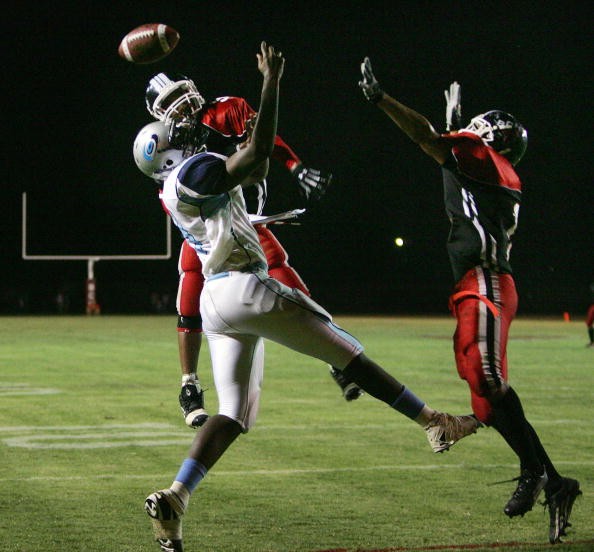
Teaching athletes about their risks of concussion may do little to change their long-term behavior, according to a review article in the British Journal of Sports Medicine.
In recent years, the long-term effects of concussion injuries that occur in sports have received a lot of attention. But surveys of athletes, parents, coaches and healthcare professionals show there are many barriers to the successful management of sports concussion.
Researchers from the University of Alberta in Edmonton and the University of Calgary looked at the findings of 89 peer-reviewed articles, two books and two websites. They found that the most successful approaches to educating athletes about concussion and reducing the number of concussions included interactive methods and varied kinds of presentations, and were part of mandated training or legislation.
Educational efforts aimed at athletes should be based on updated guidelines for dealing with concussions, such as those published in 2013 in the British Journal of Sports Medicine. The lead author of the study, Dr. Martin Mrazik from the University of Alberta in Edmonton, Canada recommended using online guidelines that have not been widely approved only with caution.
"We recommend that everyone involved with the athlete (coaches, parents, athletic trainers, physicians) be involved. It's not just the athlete," Dr. Mrazik told Reuters Health.
Few studies have examined whether educational campaigns about concussion risks work, which may be a problem, the researchers noted. There are more websites, social media and mobile device applications than there are reviews of the information sources they used, which means that they could be spreading misconceptions about concussions, they wrote.
Surveys show that between 25% and 60% of hockey players continue to play even when they have symptoms of concussion. Athletes may tend not to report concussions when they occur, the researchers noted. When anonymously surveyed, hockey players said they had suffered concussions 30 times more often than the official injury reports indicated. Unreported concussions ranged from 20% to 50% among college football, hockey, soccer, and rugby players, according to the study.
More research is needed on the effectiveness of different educational programs and the programs themselves should be improved, the researchers concluded.



